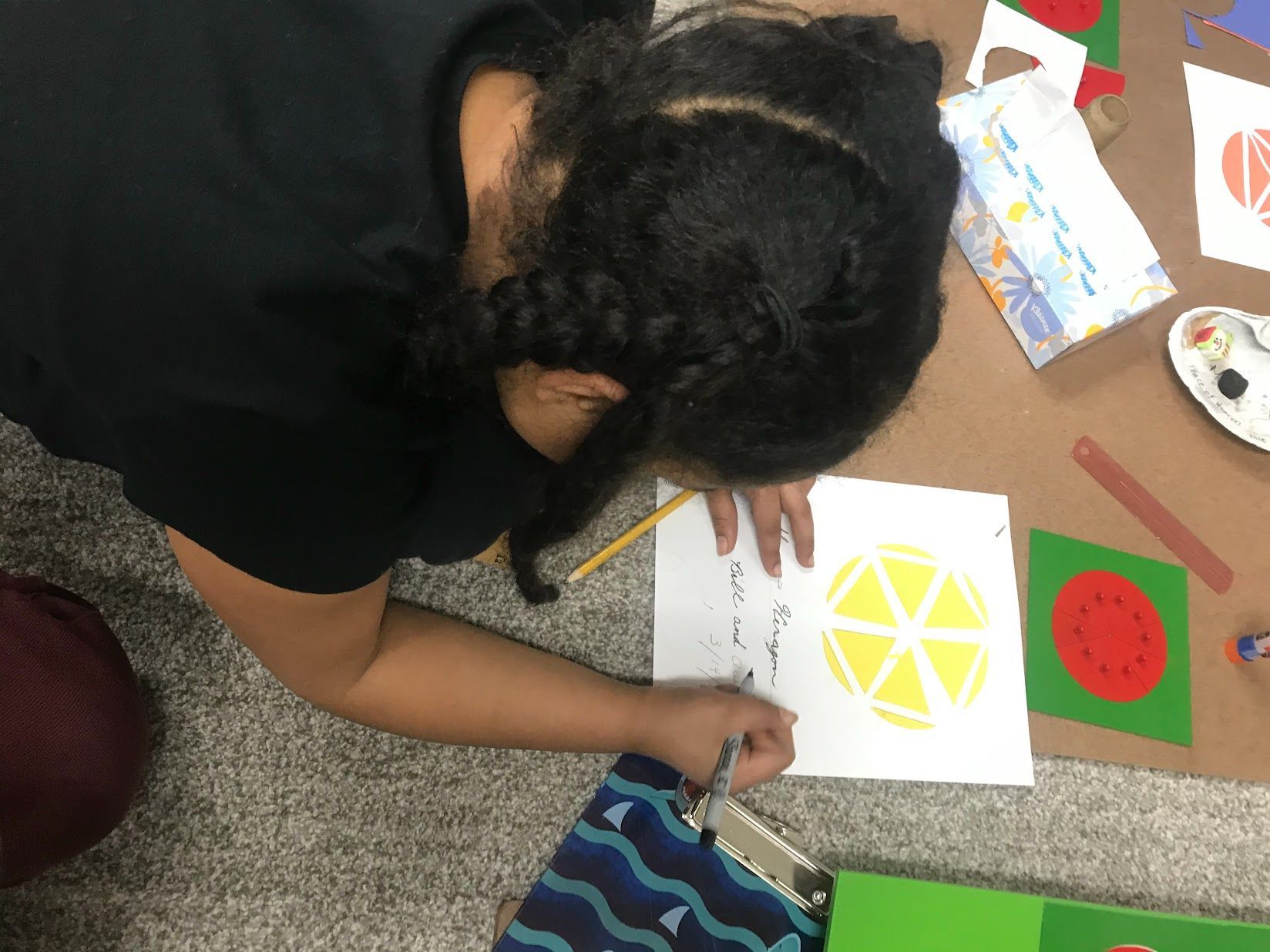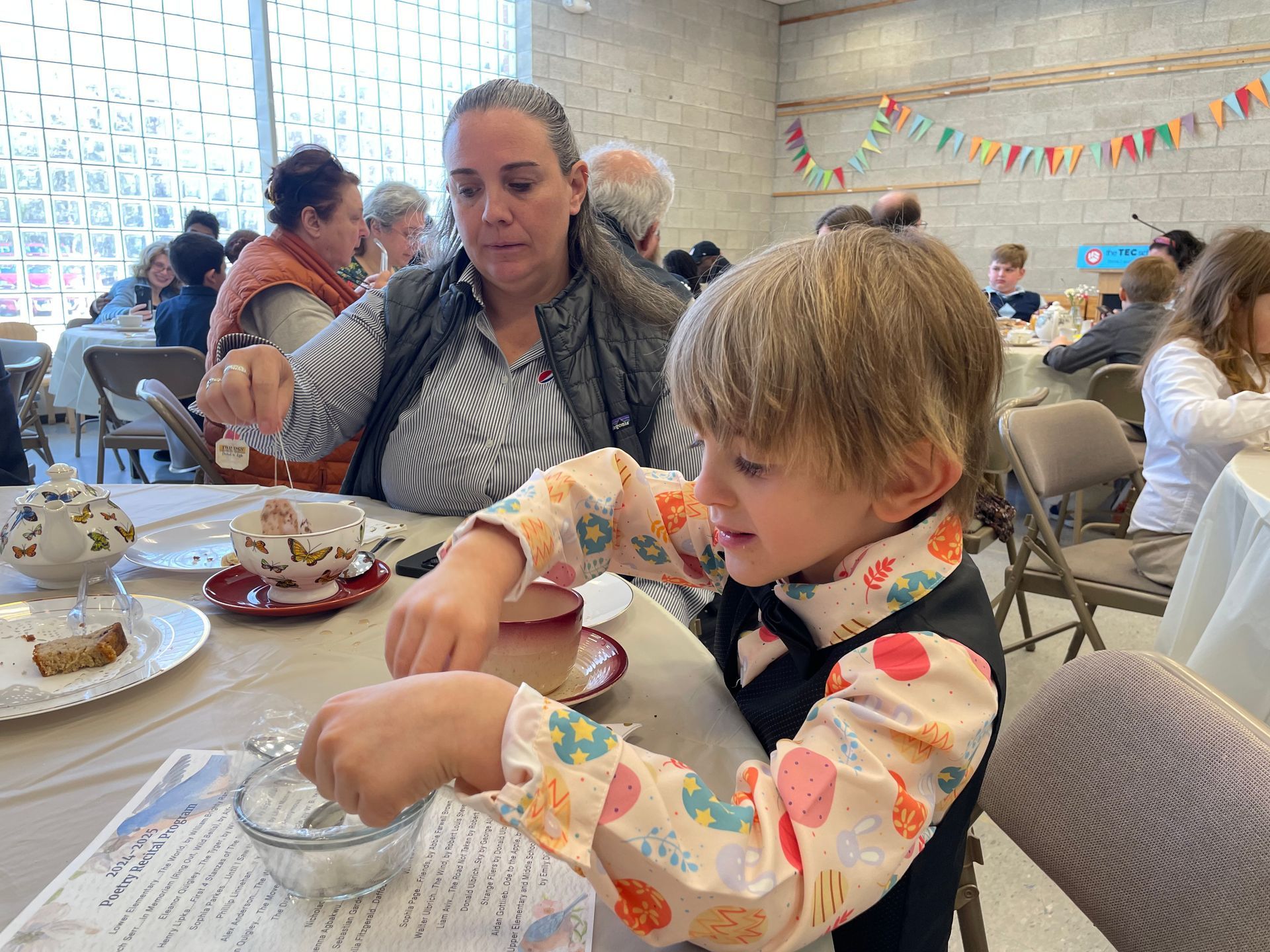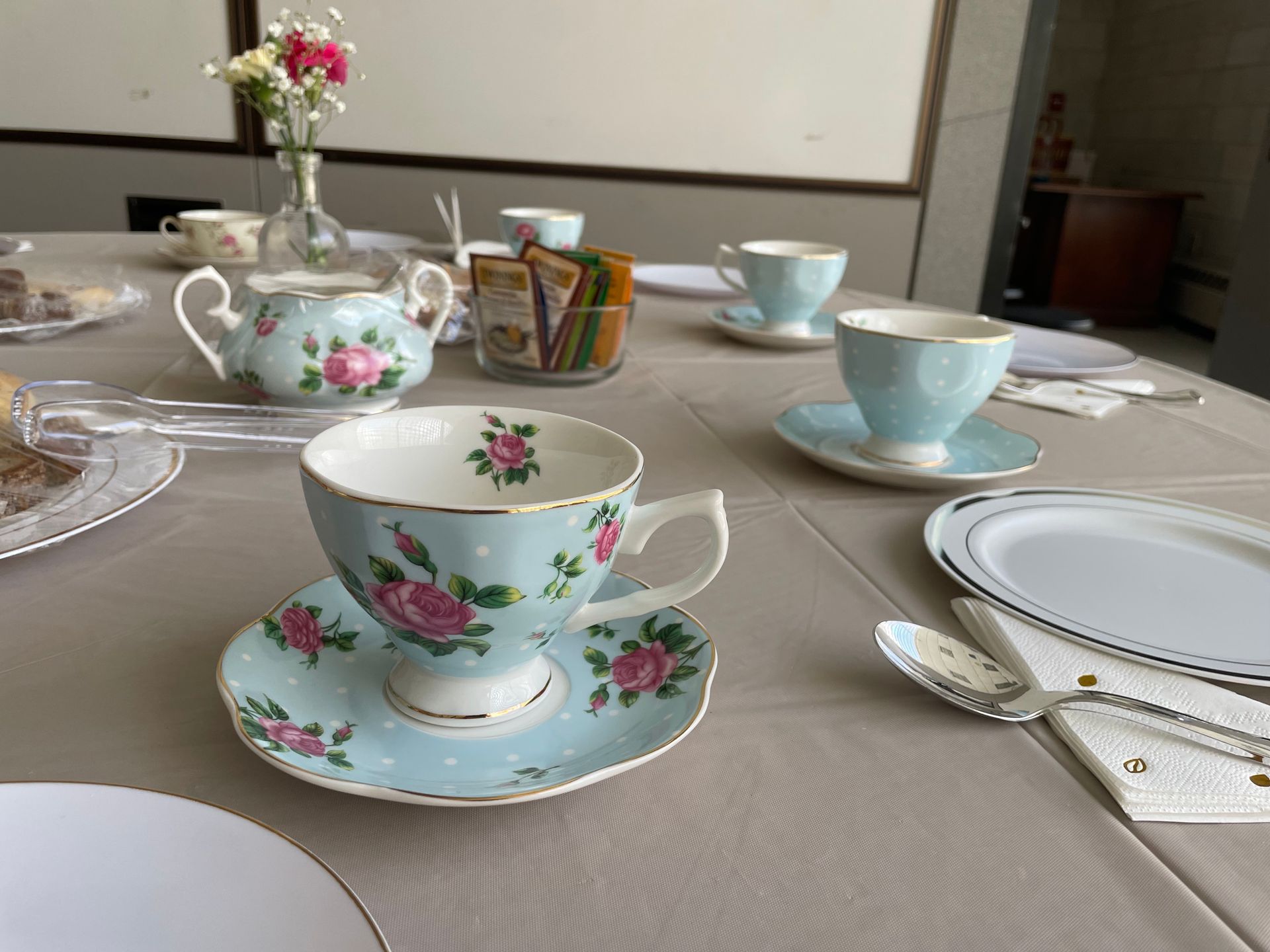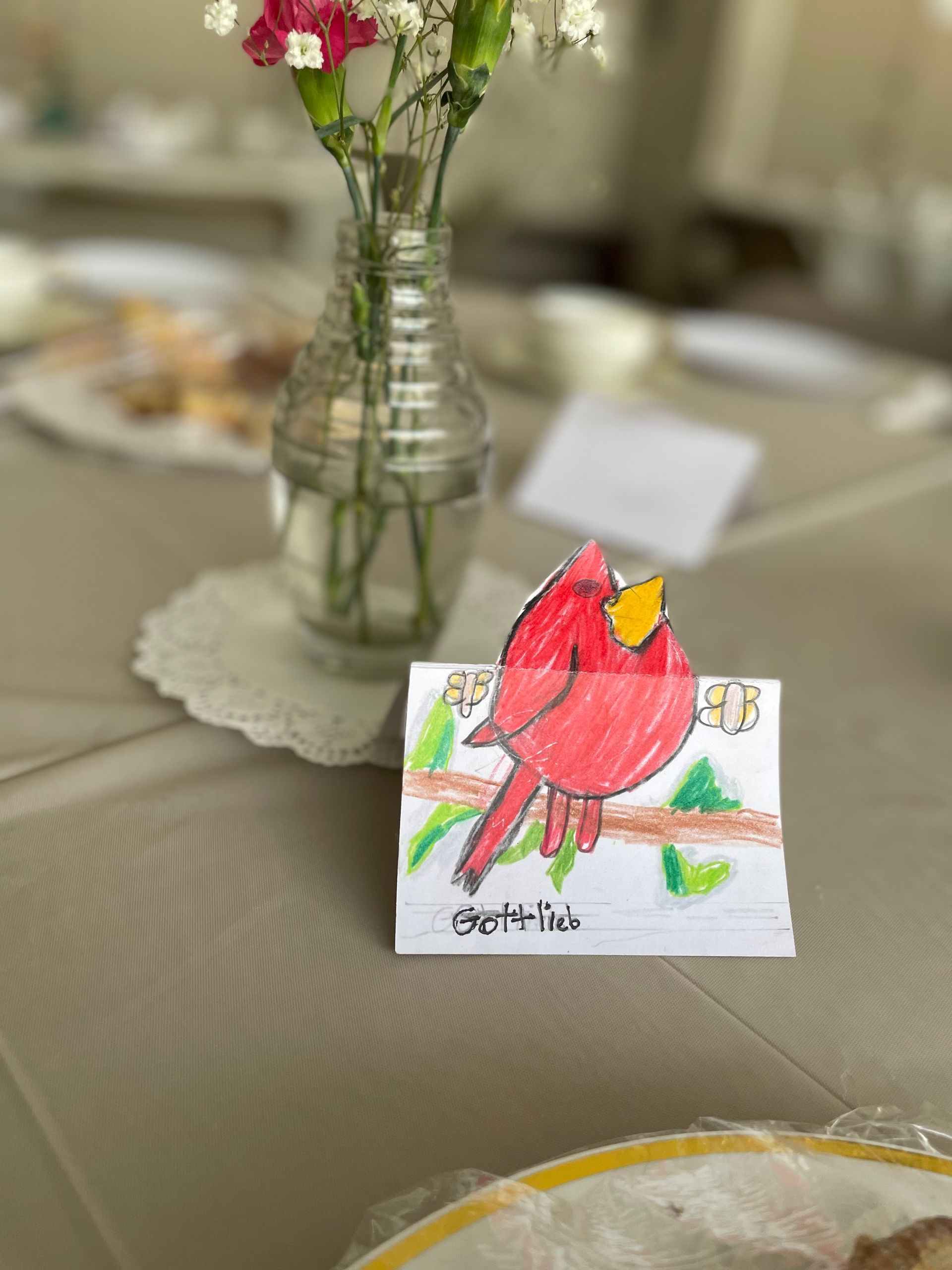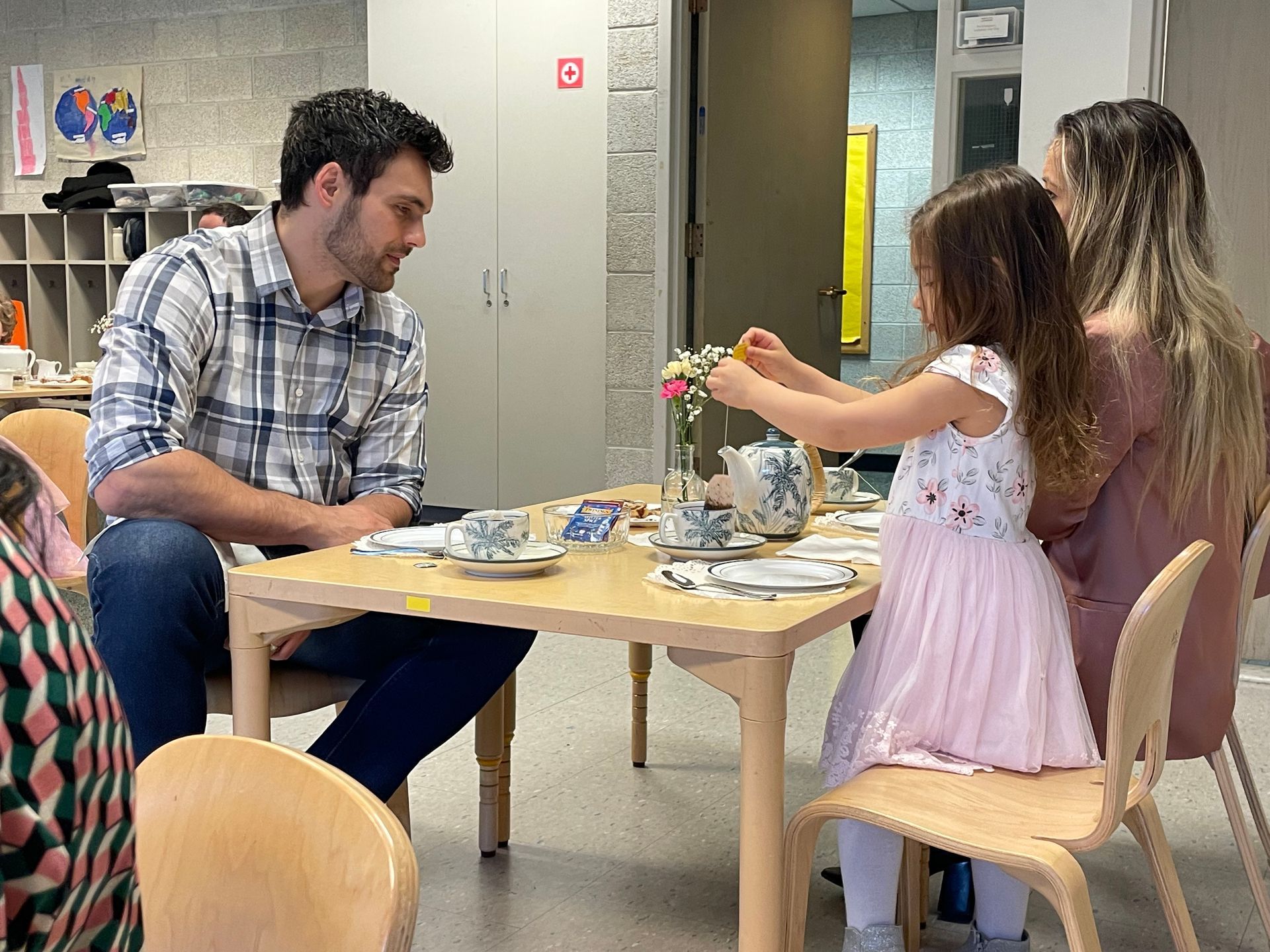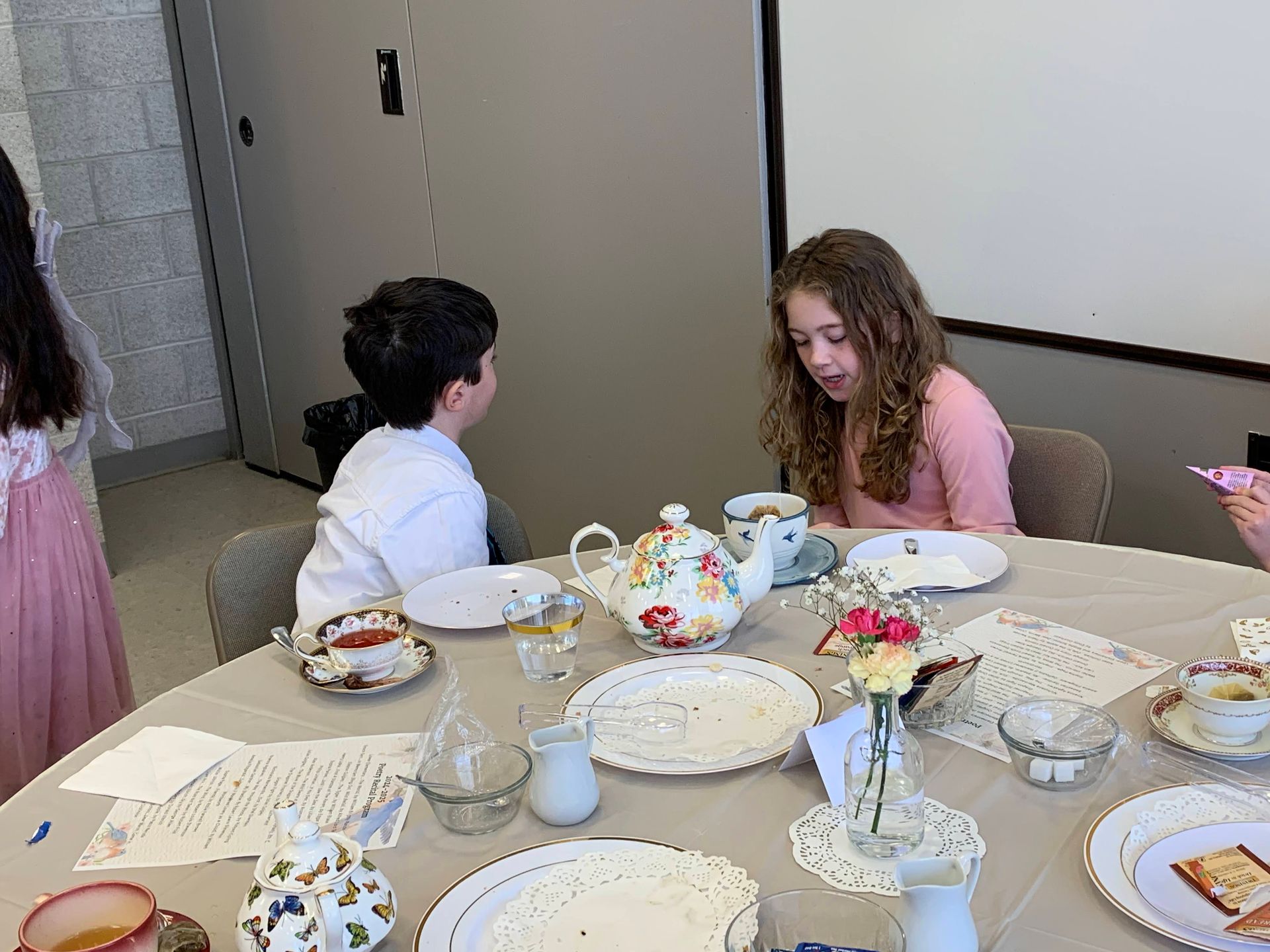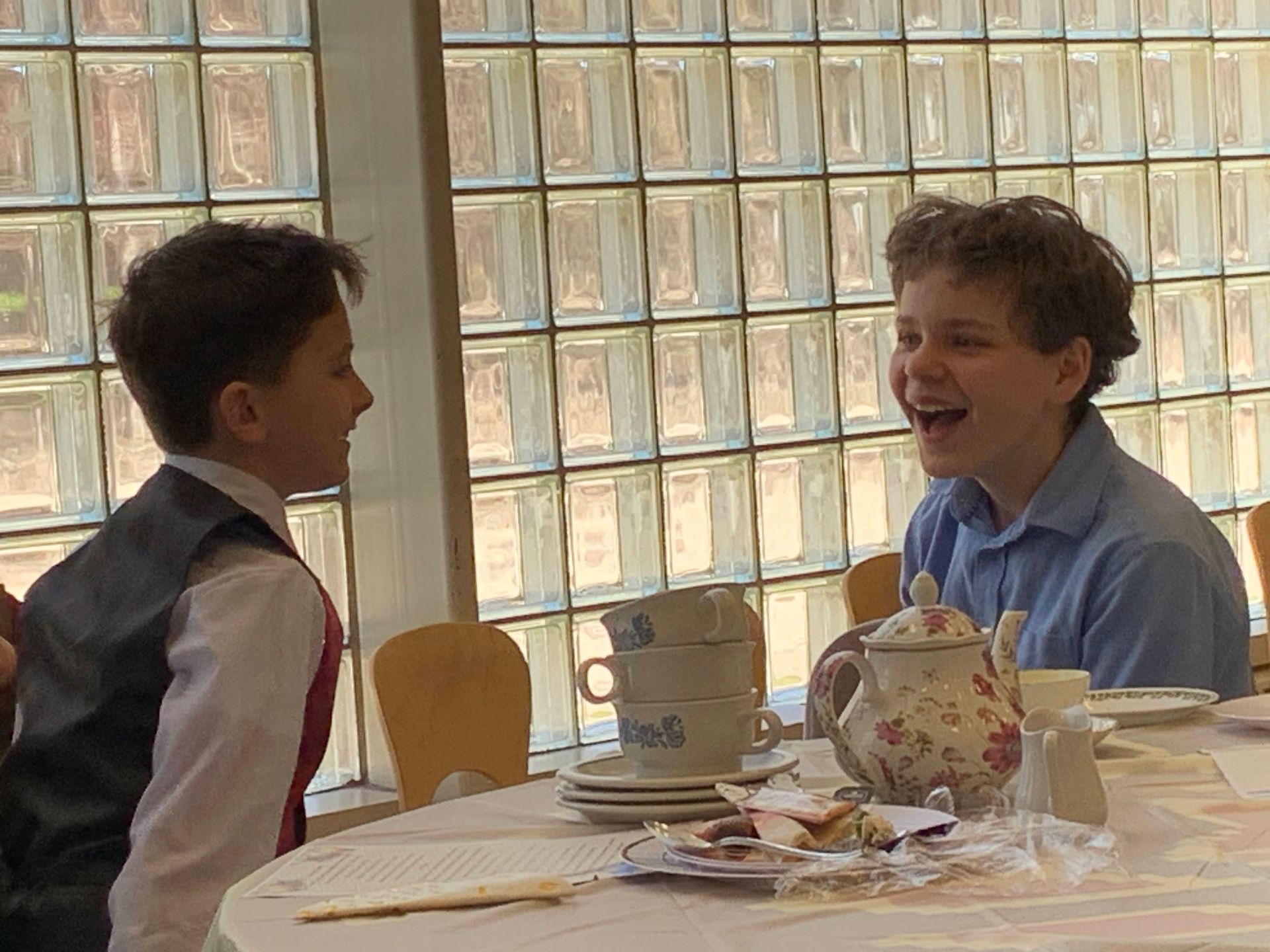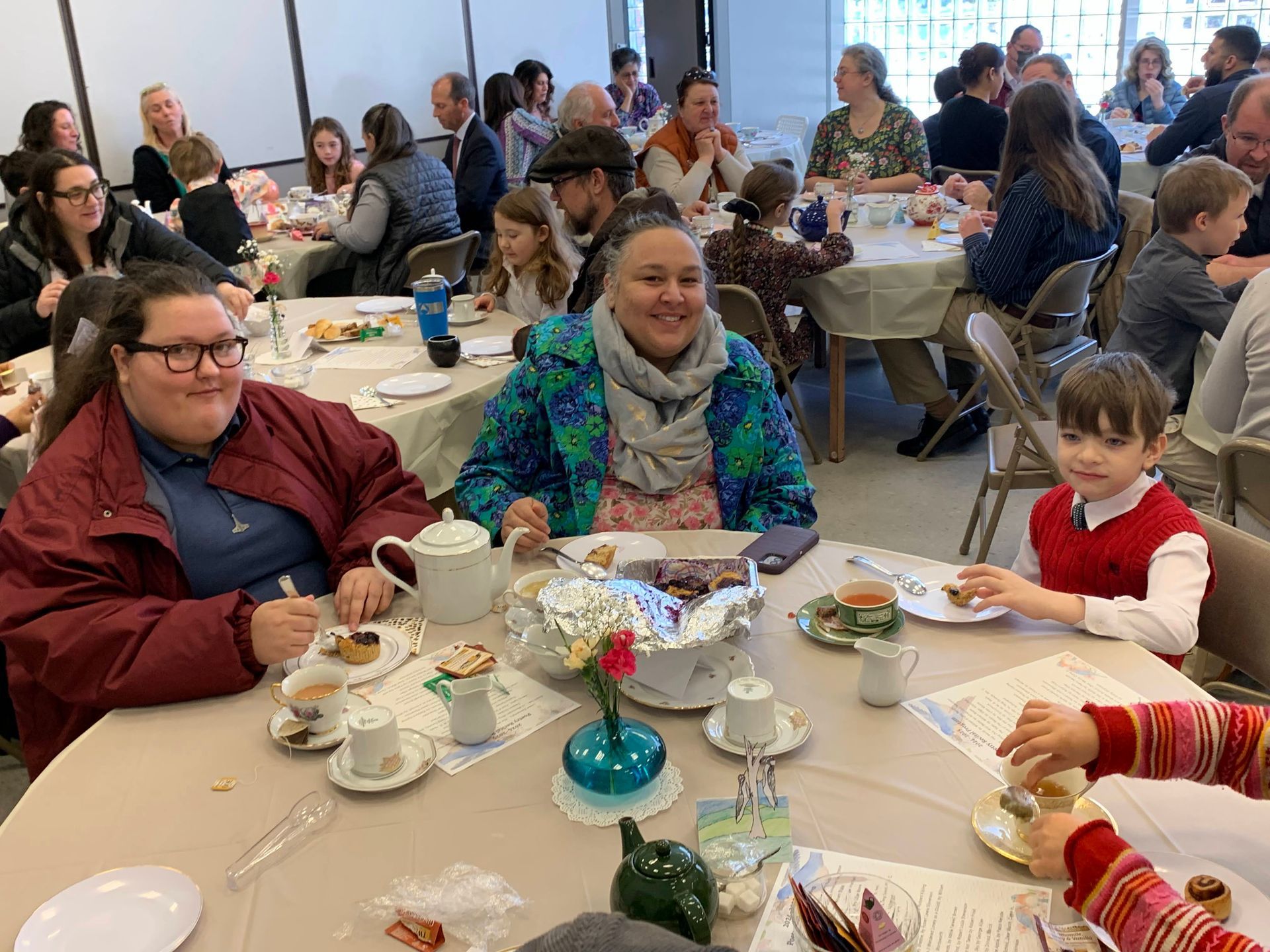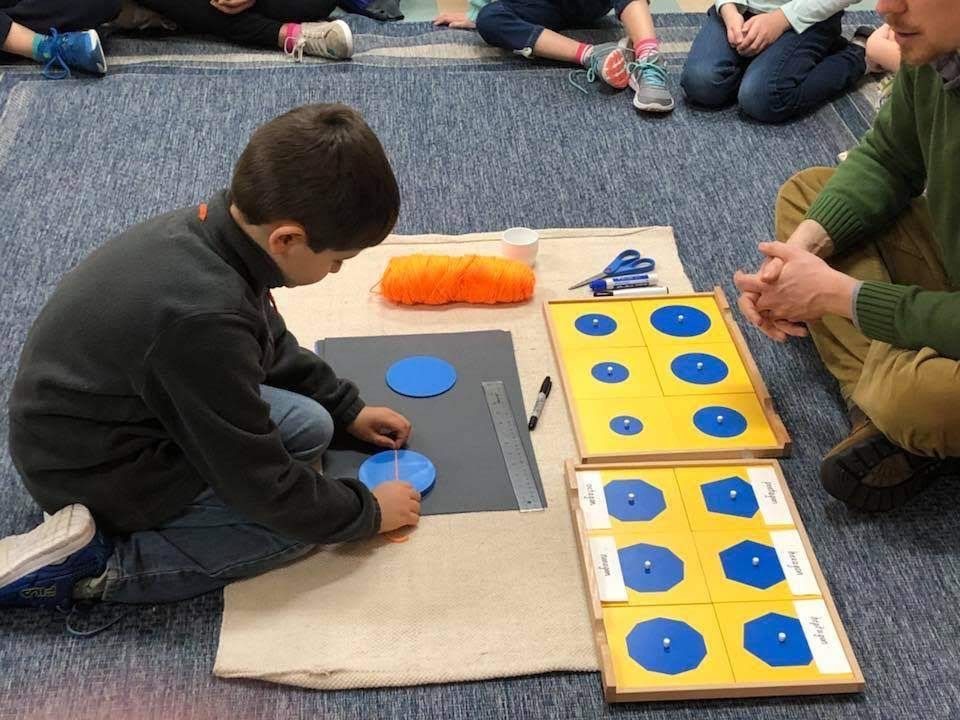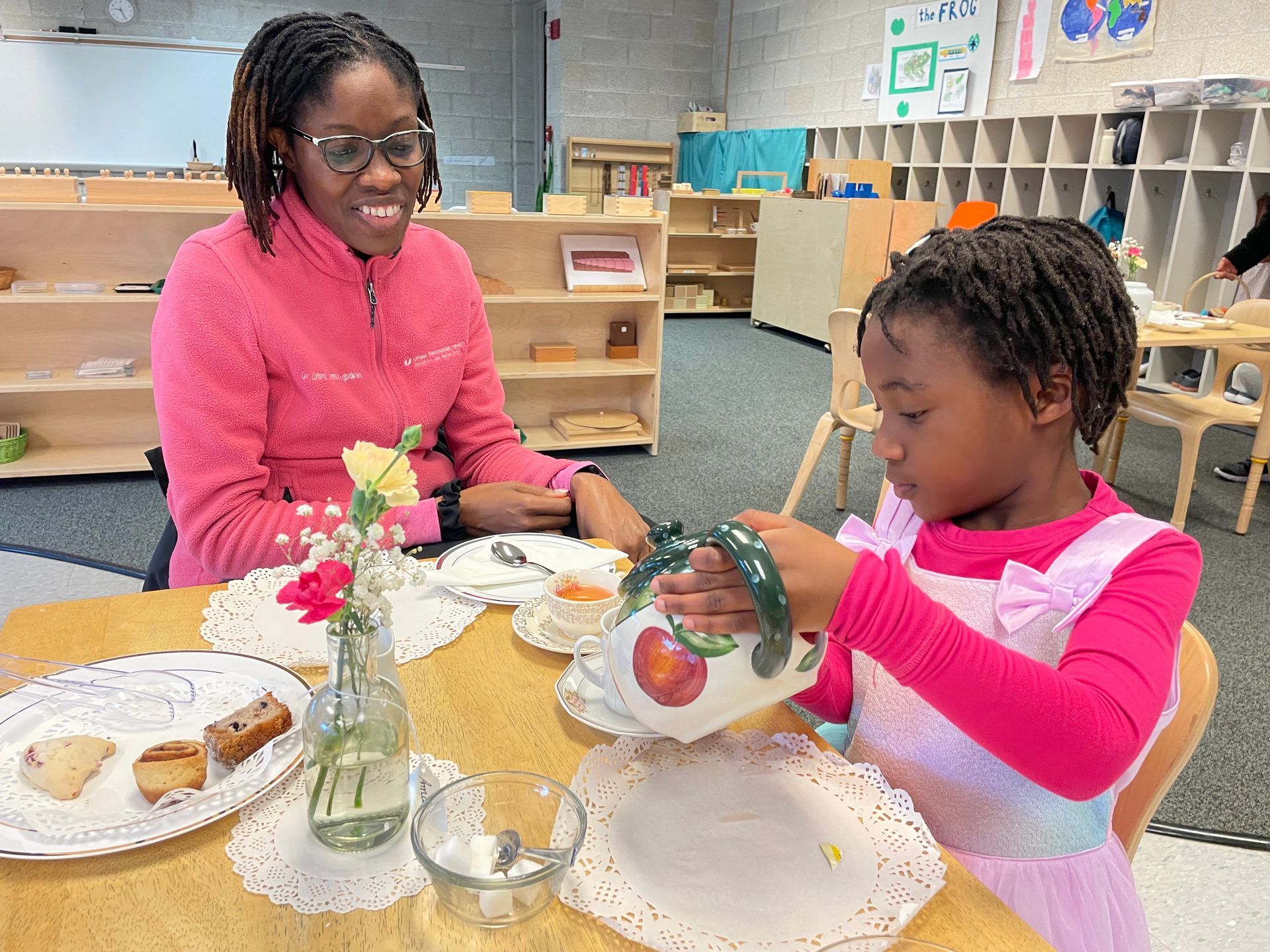
Step into our Montessori classroom, and you'll often witness a scene of quiet concentration around a small table. Children, with focused intent, are carefully preparing tea. To the casual observer, it might seem like a charming domestic activity. But as we delve deeper, we discover that this tradition of tea making is a powerful microcosm of the entire Montessori philosophy, brewing far more than just a warm beverage.
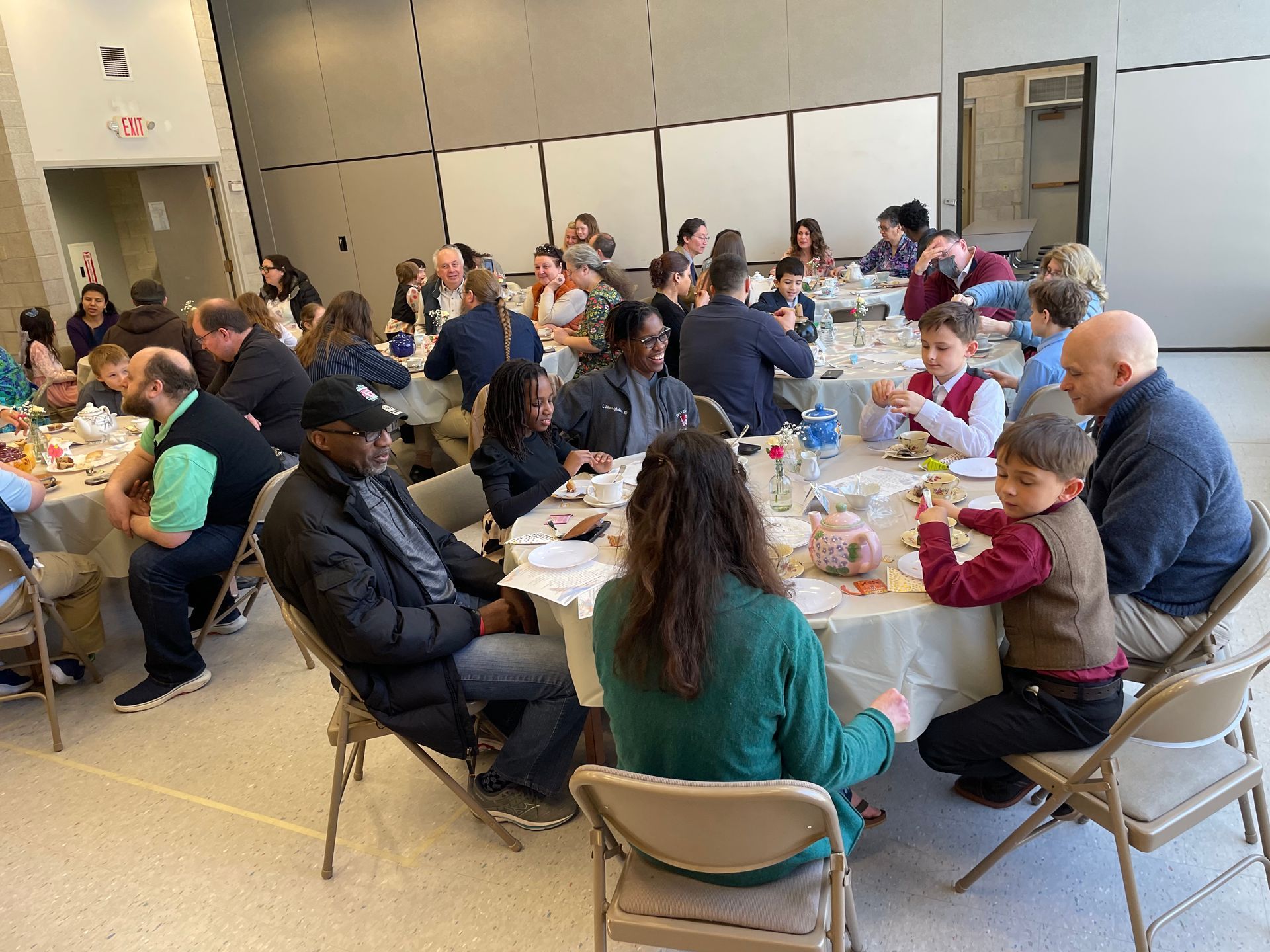
More Than Just a Drink: Practical Life with Purpose:
The tea ceremony is a cornerstone of our Practical Life curriculum, engaging children in purposeful work that mirrors the world around them. It's a hands-on lesson in fine motor skills as they manipulate small objects and pour with precision. It cultivates concentration as they follow a series of steps with mindful attention. It fosters independence as they take ownership of the process, preparing something nourishing for themselves and others.
Beyond these tangible skills, the tea ceremony nurtures essential social and emotional development. The emphasis on order provides a sense of structure and predictability. The act of offering tea cultivates grace and courtesy, teaching children the art of giving and receiving. And perhaps most importantly, the quiet rhythm of the process instills calm and mindfulness, a precious skill in our busy world.
A Sensory Journey and Cultural Connection:
The experience is also deeply sensorial. Children engage with the fragrant aromas of the herbs, the warmth of the water, the delicate clinking of the china – a multi-sensory exploration that enriches their understanding of the world. Furthermore, the tradition of tea making connects them to broader cultural practices, subtly introducing the idea of shared rituals across different societies.
The Unexpected Academic Brew:
The benefits of this simple activity extend into the academic realm. The sequential nature of tea preparation is a tangible lesson in sequential thinking, a foundational skill for mathematics, language arts, and science. Measuring ingredients introduces early mathematical concepts. Following steps mirrors the structure of narratives and scientific procedures.
Why the Children Are Drawn:
Children are naturally drawn to the tea ceremony for many reasons: the appeal of real work, the captivating sensory engagement, the empowering sense of control and independence, the opportunity for meaningful social connection, and the inherent beauty and grace of the ritual. It's an activity that resonates with their intrinsic desire for purposeful engagement.
The Whole Child:
The Montessori kettle, though small, brews a potent blend of practical skills, social-emotional growth, sensory awareness, and even foundational academic concepts. It is a quiet yet powerful tradition that embodies the essence of our educational approach – nurturing independence, fostering grace, and cultivating a deep love for purposeful activity. It is in these gentle, mindful moments that we witness the holistic development of the child, one carefully poured cup at a time.
Learn more about the unique benefits of a Montessori education. Visit our website at https://www.thetecschools.com to explore our curriculum and philosophy.
